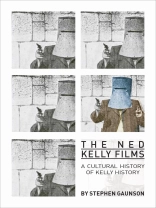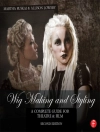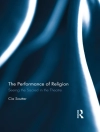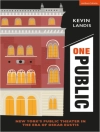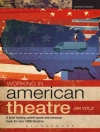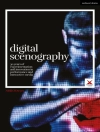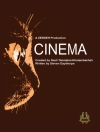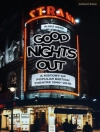Irish Australian outlaw Ned Kelly led one of the most spectacular outbreaks the tradition has ever experienced, culminating in a siege at Glenrowan on June 28, 1880. Donned in homemade metal armor and a helmet, he was captured and sentenced to hang at the Melbourne Gaol in November. Immortalized in a series of onscreen productions, he has since become one of the most resilient screen presences in the history of Australian cinema. The Ned Kelly Films recounts the history of this presence, covering the nine feature films, three miniseries, and two TV movies that have been made about this controversial character. Providing a comprehensive overview of these productions and their reception, Stephen Gaunson illuminates a central irony: From dime novels to comics to the branding of the site where he was captured, most cultural representations of Kelly are decidedly lowbrow. But only the films have been condemned for not offering a more serious interpretation of this figure and his historical context. Parsing the assumption that films about Kelly should do more than broadcast the sentiments of his fans, Gaunson explores why historical films have a reputation as a form of culture. Asking what value we can place on such historical cinema, he offers new insights about the textual characteristics of cinematic material and the conditions of film distribution, circulation, and reception.
Spis treści
The Kelly Films
Backstory
Introduction
Chapter 1: ‘Bandits on the margin of the margin’: 1906–1951
Chapter 2: The Hagiographic Bandit: 1960–2003
Chapter 3: New Age Ned: Social Banditry and Romance
Chapter 4: Outlawed: Stringybark and the Jerilderie Letter
Chapter 5: The Noble Bandit: Irish Sympathy and Other Sympathy
Chapter 6: ‘Die Like a Kelly, Son’: Glenrowan and Trial
Conclusion
O autorze
Stephen Gaunson is a senior lecturer in the School of Media and Communication at RMIT University, where he teaches undergraduate courses on Australian cinema, film adaptation and documentary studies. He is the author of The Ned Kelly Films (2013, Intellect Books) and has co-edited a number of collections on the history of film exhibition and distribution. His research interests include Australian cinema, film adaptation, silent cinema, film exhibition and classical Hollywood. He has published widely in a range of books and journals and is currently writing a book on historical adaptations. He most recently co-edited a themed dossier ‘Un/social Cinema: Audience Decorum Revisited’ with Tessa Dwyer for Participations. In 2017 he was the recipient (with Dr Alexia Kannas) of the Citation for Outstanding Contributions to Student Learning, Australian Awards for University Teaching.
